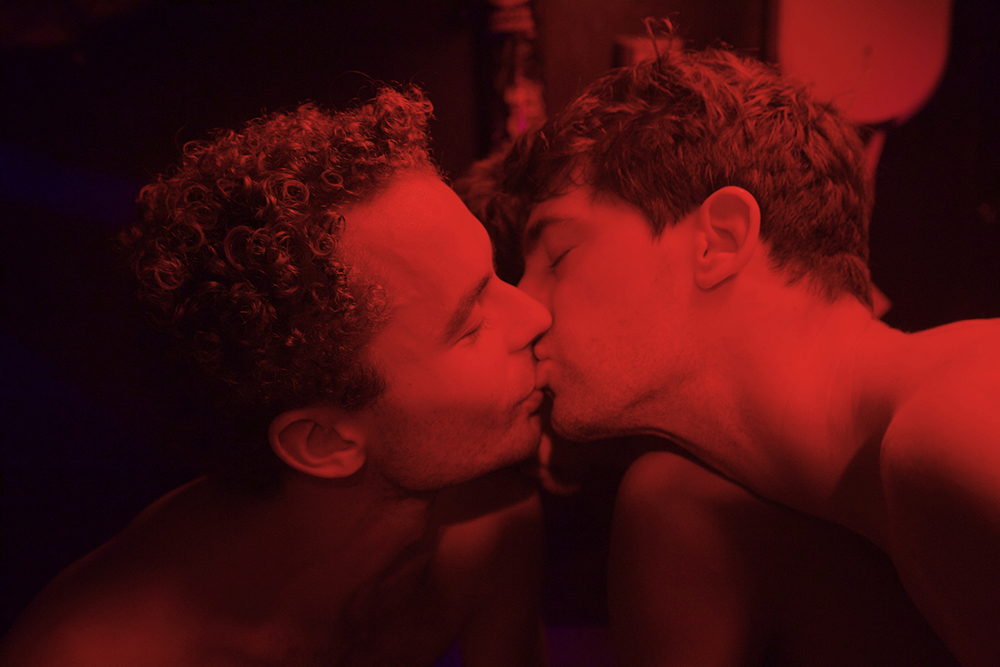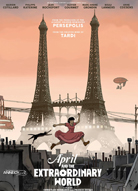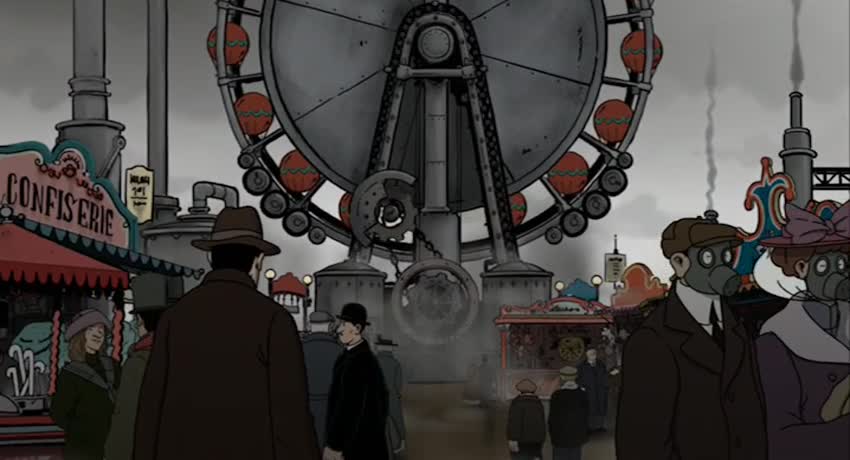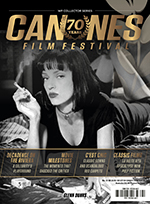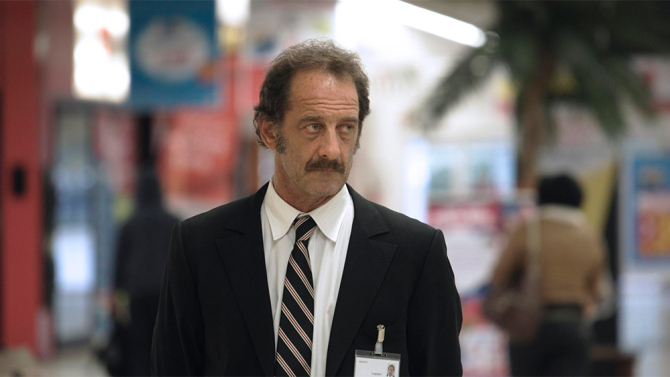Cinephiles across the globe collectively held their breaths last week wondering whether the new Olivier Assayas or Lucretia Martel would make it onto the 2016 Croisette – his did, hers didn’t – as Cannes Film Festival director Thierry Frémaux unspooled the Competition, Un Certain Regard, Midnight Screenings, and Outside Competition line-ups. As if the promise of new adventures with Almodóvar, Dolan, and Park Chan-Wook weren’t enough, the recent announcements of the Critics’ Week and Cannes Classics sidebars present a whole host of new gems and old treasures to discover.
Let’s start with Critics’ Week, where a coterie of freshmen and sophomore directors compete for their own Nespresso Grand Prize. That would make this the branded stadium for spring-boarding international talents, such as Iñárritu (Amores Perros), Wong Kar-Wai (As Tears Go By), as well as Andrea Arnold and Jeff Nichols who are contending in the Main Competition this year with American Honey and Loving, respectively. The Critics Week features competition includes a number of films that examine schisms in national identities, and a closing selection of shorts featuring the directorial debut of human mystery box Chloe Sevigny. And speaking of people that could always be lurking over your shoulder; this is where David Robert Mitchell’s sexually transmitted horror film It Follows debuted back in 2014.
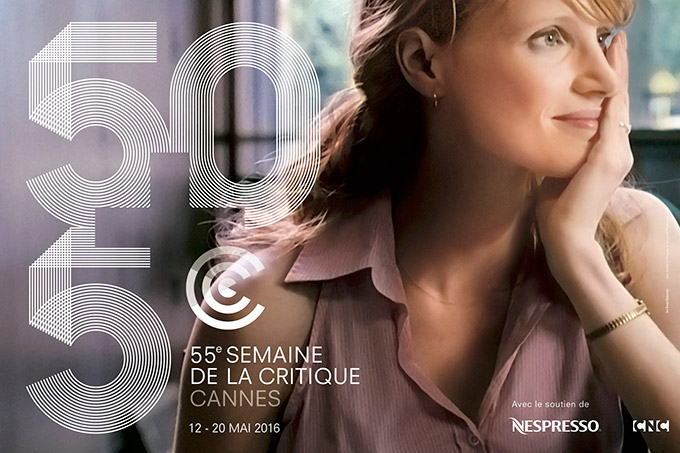
Critics’ Week
- Albüm – directed by Mehmet Can Mertoğlu (Turkey)
- Diamond Island – directed by Davy Chou (Cambodia/France)
- Raw – directed by Julia Ducournau (France)
- Mimosas – Oliver Laxe (France)
- One Week And A Day – directed by Asaph Polonsky (Israel)
- Tramontane – directed by Vatche Boulghourjian (Lebanon)
- A Yellow Bird – directed by K. Rajagopal (Singapore)
Opening Night: In Bed with Victoria - directed by Justine Triet (France)
Cannes Classics
The festival also hosts restored films from the international canon. This year they'll feature honors for documentarian and institutional excavator Frederick Wiseman, as well as a master class with raconteur and all-around mayday man William Friedkin. In addition to that Friedkin talk, Cannes Classics will screen the divisive Sorcerer, his 1977 remake of Clouzot’s The Wages of Fear – a film that sets a long fuse for a series of gut-wrenching flare-ups, a rattling exercise in tension. Ivory’s Howard’s End, Parts 5 and 6 of Kieślowski’s Decalogue, Gordard’s current repertory release Masculin feminine, and a bunch of other exciting classics will remind us why we were drawn to the cinema in the first place.
Any ideas how we could all split the cost of a yacht to the south of France this year?
 Monday, January 30, 2017 at 7:00PM
Monday, January 30, 2017 at 7:00PM 